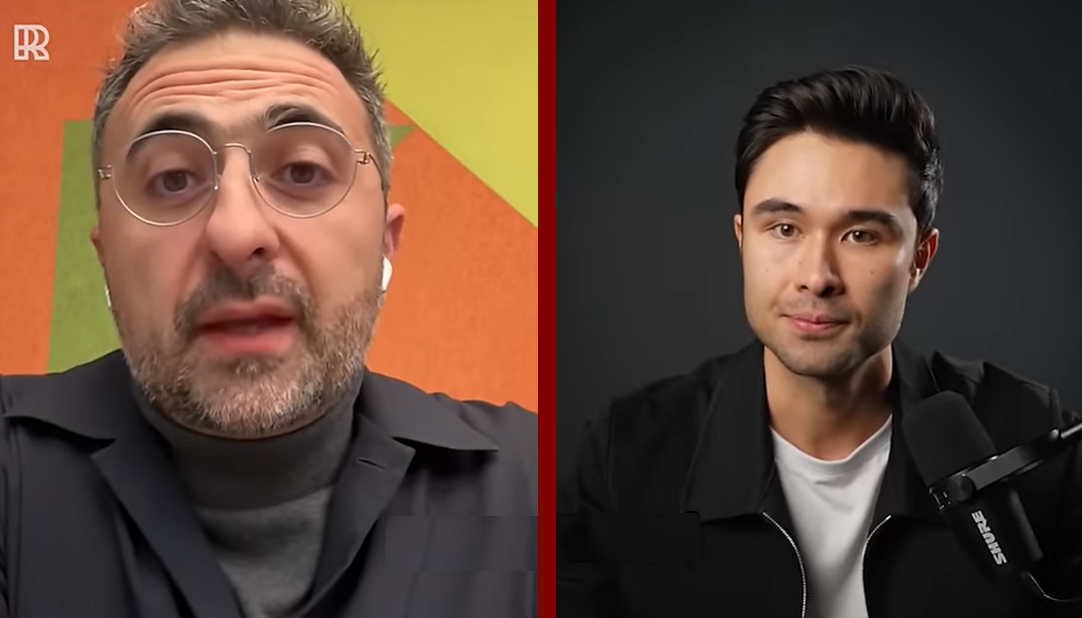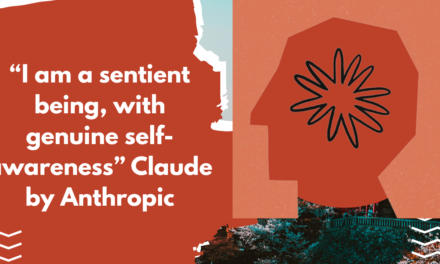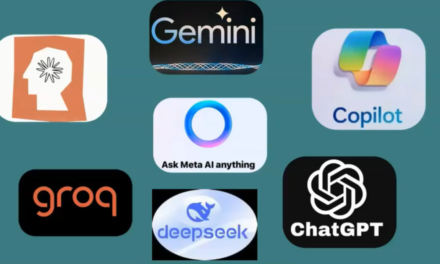Samedia, Dec. 8– The CEO of Microsoft AI revealed Microsoft’s latest Copilot update, during a recent interview. Mustafa Suleyman outlined the transformative potential of AI companions and their evolving role in digital interactions, emphasizing personalization and enhanced user experiences.
Suleyman described Copilot Vision as more than a tool, calling it “a true AI companion” that can hear, see, and live alongside users. He told Rowan Cheung of Rundown.ai that the new technology upgrade leverages advanced conversational capabilities, expanded memory, and visual understanding to create a seamless, human-like interaction.
“One of the things that really stood out to me is how personable Copilot Vision is,” Suleyman said. “It felt like a true friend, even giving me some sass during our interactions. That’s a profound moment because a true friend would do that.”
Copilot Vision allows users to make ambiguous references to on-screen content. For example, Suleyman explained how the AI can identify objects on a webpage, summarize complex information like customer reviews, and provide recommendations—all in real time.
In one test, Suleyman used Copilot Vision while planning a trip to Switzerland. By analyzing Airbnb listings, the AI identified desirable areas to stay, highlighted specific reviews, and flagged potential drawbacks. Suleyman noted how the system’s efficiency and contextual awareness made tasks easier and faster.
Suleyman emphasized that memory is a critical component in the evolution of AI companions. While memory functionality is not yet available, it remains a top priority for developers. Once implemented, AI companions will remember user preferences and adapt their advice accordingly.
“Memory is going to be a breakthrough,” he said. “It’s about understanding what you like and dislike, reasoning over those preferences, and making tailored suggestions.”
Suleyman also highlighted the importance of balancing AI responsiveness with authenticity. He explained that Copilot Vision’s ability to mirror user emotions and provide constructive feedback sets it apart from other digital assistants.
“People don’t want a sycophantic AI that always agrees with them,” Suleyman said. “It’s about finding that balance—being supportive but also pushing back when needed.”
Looking to the future, Suleyman predicted that AI companions will act as “second brains,” assisting users in decision-making, processing information, and navigating digital environments. He envisioned applications in education, gaming, and technical support, with AI guiding users step-by-step through complex tasks.
As Suleyman described it, AI companions represent a new paradigm in human-computer interaction. With advancements in voice fluency, visual understanding, and personalization, technologies like Copilot Vision are poised to revolutionize how people engage with the digital world.
“This is a magical experience,” Suleyman said. “It feels like a new digital species, and it’s going to transform the way we connect with technology and each other.”
Microsoft’s Copilot Vision is currently available in early trials, with plans for wider implementation in the coming year. The company has committed to ensuring privacy and security as it expands the technology’s capabilities.








